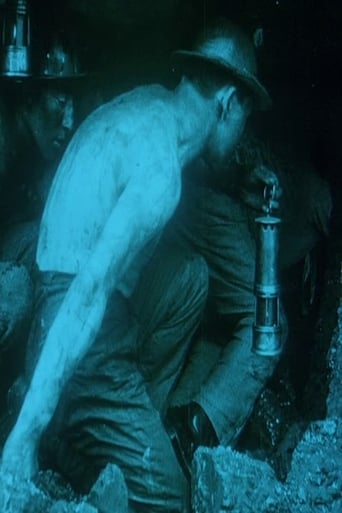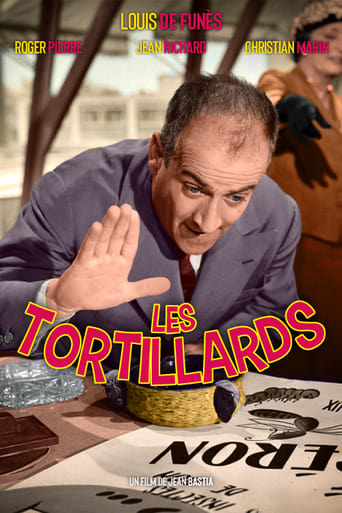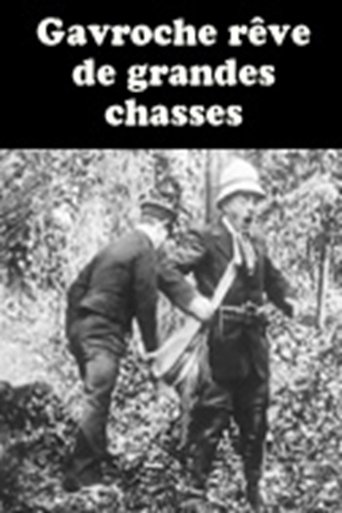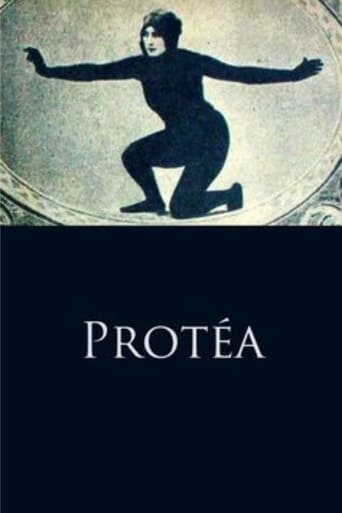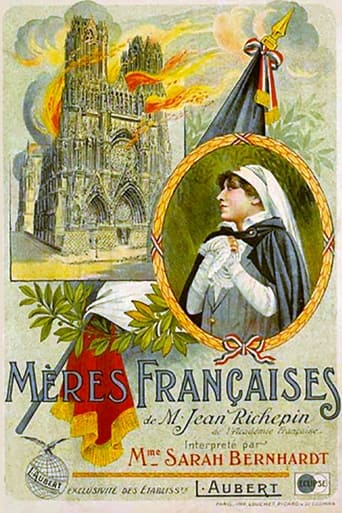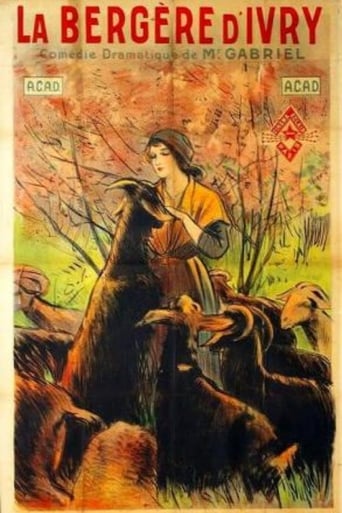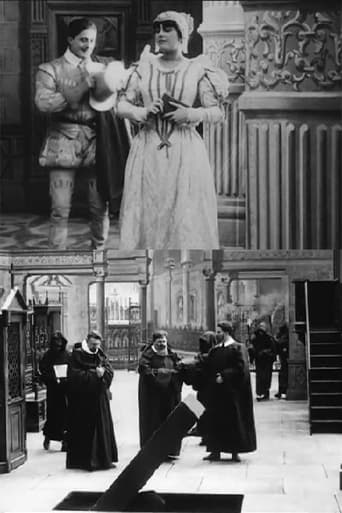In the Land of Darkness 1912
In 1912 Jasset turned from fantasy and spectacle to realism in making the first of two Zola adaptations, as part of Éclair's new series of social dramas. For Au pays des ténèbres, based on Germinal, he took his crew to Charleroi in Belgium to film in authentic locations, and although he updated the story to the present, he went to great lengths to recreate in the studio the detail of the actual mining galleries, exploiting the ability of film to be a recorder of contemporary reality.
